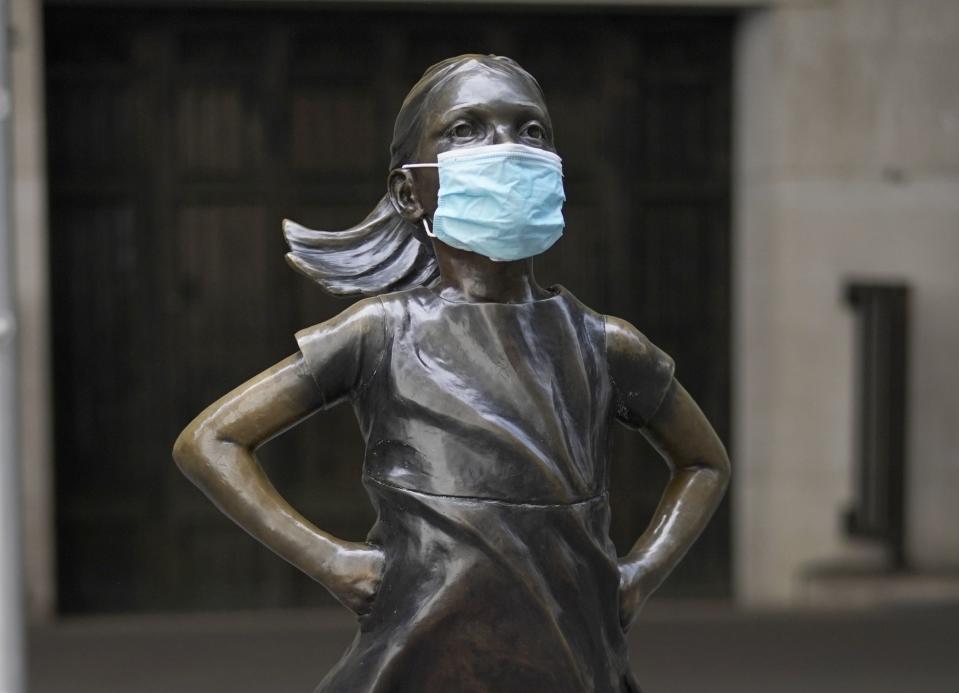'Sell in May and go away' isn’t happening this year, and that’s a good thing: Strategist
Memorial Day is traditionally the start of summer vacations, and for a lot of investors that means cashing out of potentially volatile stocks and walking away from the day-to-day market action until fall. But with COVID-19 keeping so many of us at home, even more traders are likely to have their eyes on Wall Street this summer – and that’s a good thing, says Darrell Cronk, president of Wells Fargo Investment Institute.
“You may actually see a more normal summer to the spring and the fall type activity because people aren't going away,” Cronk told Yahoo Finance’s The First Trade. “Typically, when volume dries up, you get these extreme moves in markets. Small amounts of either news or sentiment can push markets too far in either direction.”
In the summer of 2019, low volume and growing fear over President Trump’s trade war with China sent stocks whipsawing. The S&P 500 index (^GSPC) swung between gains and losses almost every day in August, ending the month down 1.8%, with the CBOE Volatility Index (^VIX) peaking above 24 before settling back below the key level of 20 to end the month, which signals a stable market. Of course, the Volatility Index has been way above 20 since late February of 2020 as the coronavirus spread around the world.
Cronk is hopeful that having more investors tuned in, while staying safe at home, will mean higher volumes and more activity to even out the volatility we’ve seen in past years.

“I'd actually be happy if volume maintained through the summer,” Cronk said. “I think it's a critical time as we experience the reopening and as we look at high frequency economic data to judge whether the reopening is taking hold in a good form or not.”
Still, he said, don’t expect a completely smooth ride, especially as more states reopen and more companies report earnings.
“Certainly the reopen and the vaccine path are very important to the market, maybe arguably the most important elements of the market. The high frequency data we think matters. So you got to keep your eyes and fingers on the pulse on the high frequency data,” he said.
And as for earnings, even though most companies have suspended guidance, he’s wary of just what we’ll see when they start reporting results in Q2 and beyond.
“Consensus (earnings) estimates are still too high,” Cronk said. “They need to get reined in and come down, in our opinion. So markets will have to deal with that as we advance through the summer months in the second-quarter earnings season.”
Read more:
It's way too soon to jump on 'sell in May and go away' bandwagon: BMO strategist
Top economist says it will take economy years to recover from COVID-19
Ming Tsai: 50% of mom-and-pop restaurants cannot get through this
Read the latest financial and business news from Yahoo Finance
Follow Yahoo Finance on Twitter, Facebook, Instagram, Flipboard, LinkedIn, YouTube, and reddit.

 Yahoo Finance
Yahoo Finance 